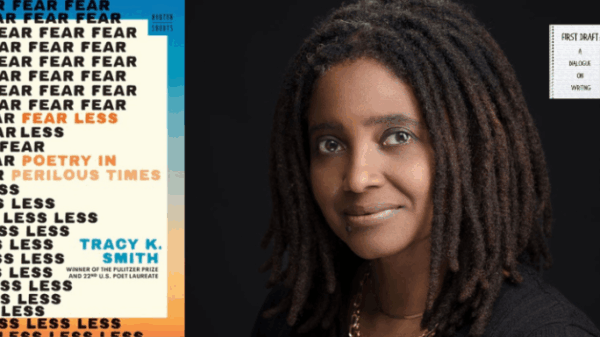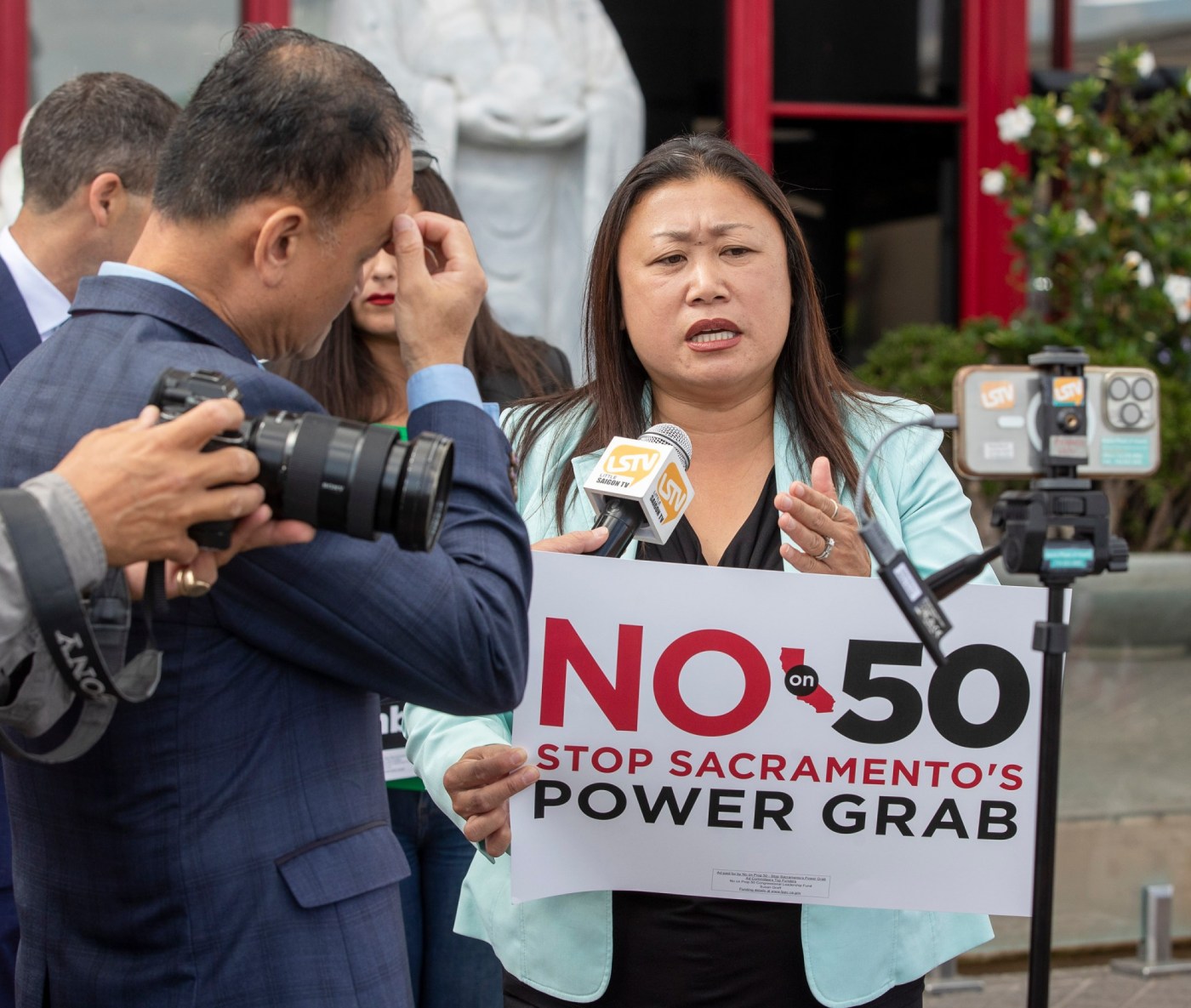Former Illinois Speaker of the House, Michael Madigan, is set to report to prison on October 13, 2023, following a sentence of seven and a half years for bribery, conspiracy, and wire fraud. His legacy of gerrymandering is expected to influence Illinois politics for years to come, as noted by Patrick Andriesen of the Illinois Policy in June. Madigan’s controversial tactics allowed Democratic lawmakers to manipulate district boundaries, enabling them to select their voters while diminishing the political power of Republican and independent candidates.
In California, the impact of Madigan’s methods is resonating through the debate surrounding Proposition 50. California Governor Gavin Newsom views the reshaping of voting districts as essential for restoring Democratic power in Washington, particularly in light of recent redistricting efforts in Texas. This political climate has prompted calls for a constitutional amendment that would allow California to sidestep the independent Citizens’ Redistricting Commission established by voters in 2008 and 2010. This commission was created specifically to prevent politicians from drawing district maps for their advantage.
Proposition 50, if passed, would enable politicians to craft congressional district maps for the next three elections, replicating practices similar to those of Madigan in Illinois. Critics argue that this amendment will undermine the integrity of the electoral process, replacing maps drawn by the independent commission with ones designed for partisan gain. For instance, the proposed maps could link rural counties, such as Modoc County, with liberal coastal communities like Marin County, despite the significant differences in their political and social priorities.
The Citizens’ Redistricting Commission aims to keep communities intact and ensure that residents have a voice in crucial decisions regarding education and taxation. The new proposed maps could lead to disenfranchisement, particularly for residents of less populous, conservative areas whose concerns may not align with those of their new, more liberal counterparts.
Opponents of Proposition 50 argue that it represents a blatant attempt by California Democrats to gain a majority in the House of Representatives while masking their intentions with rhetoric about “saving democracy” and “fair elections.” The amendment has been criticized as a temporary solution to a deeper partisan struggle, rather than a genuine effort to promote electoral fairness.
Recent developments across the United States illustrate a broader trend of partisan redistricting. In Missouri, Governor Mike Kehoe signed a law that is expected to favor Republican candidates. Meanwhile, lawmakers in Kansas and Indiana are pushing for special sessions to redraw district maps, aiming to eliminate Democratic representation in Congress.
The push for Proposition 50 comes at a time when California faces budgetary constraints, with critics labeling the estimated $280 million expenditure for a special election as irresponsible. Many are questioning the motivations behind this political maneuver, viewing it as a futile effort by a party currently out of power at the federal level.
As California voters prepare to cast their ballots, the implications of Proposition 50 extend beyond state borders, reflecting a growing trend of redistricting battles across the nation. Voters are urged to consider the long-term consequences of their decisions and the potential impact on the integrity of electoral processes.
In an increasingly polarized political landscape, the call to vote against Proposition 50 resonates with those who value the principles of independent oversight in district mapping. As the election approaches, the future of California’s voting districts hangs in the balance.








































































